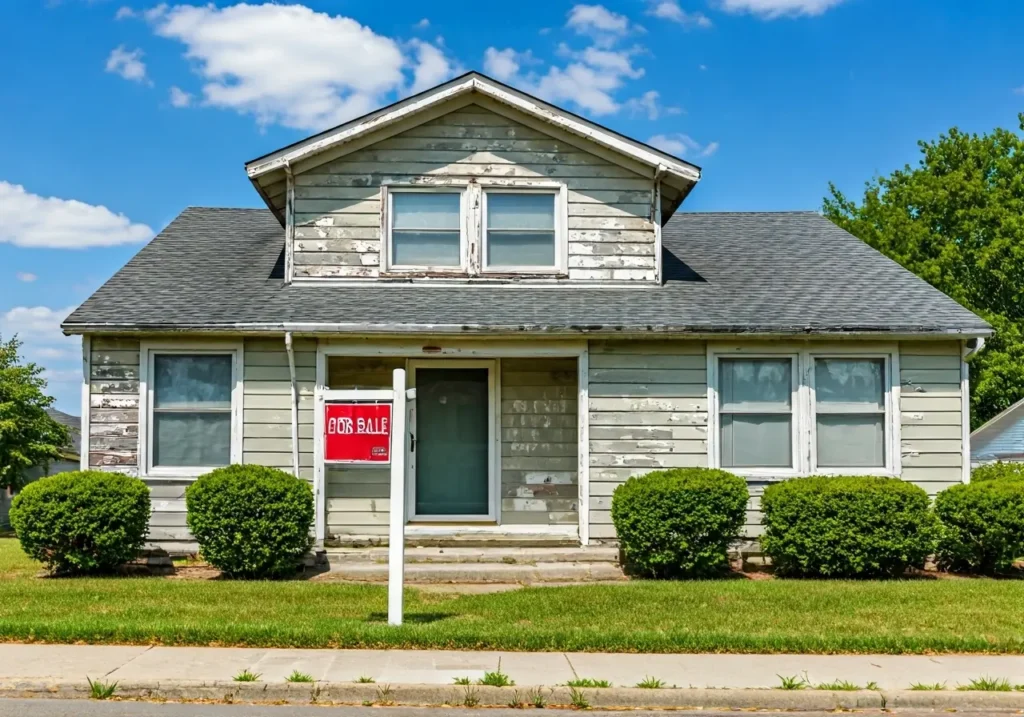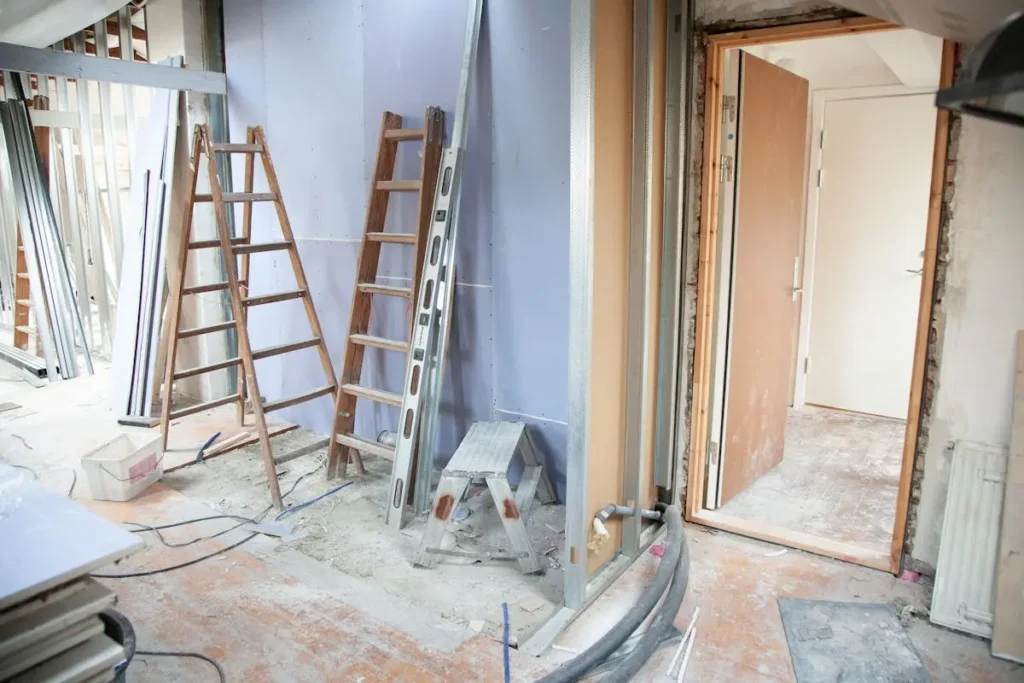Inheriting a house can be both a blessing and a burden. While it might seem overwhelming at first, selling an inherited house doesn’t have to be a stressful experience. Whether you’re dealing with memories attached to the home or figuring out the logistics of the sale, a clear plan and step-by-step guidance can make the process seamless and less daunting.
Understanding Your Options for the Inherited Property
Before making any decisions, it’s crucial to understand the options available for your inherited house. You can choose to keep it, rent it out, or sell it. Each option comes with its own set of pros and cons, so take the time to consider what’s best for your personal situation.
Keeping the house might be appealing if it holds sentimental value, but consider the costs of maintenance and property taxes that will incur over time. Renting can generate income, yet it also involves managing tenants and maintenance issues. On the other hand, selling your inherited house might provide an immediate financial benefit and relief from ongoing responsibilities, freeing you to invest or use the proceeds elsewhere. Carefully weigh your emotional attachments and financial goals to determine the best route for you and your family.
Evaluating the Financial Implications
Selling an inherited house involves various financial considerations, from capital gains taxes to outstanding debts tied to the property. Understanding these implications will help you make informed decisions and avoid unexpected financial burdens.
Capital gains taxes can affect the final amount you receive from a sale, but there are ways to navigate these taxes effectively. Often, the step-up in basis can mitigate the tax burden, using the property’s value at the time of inheritance rather than the original purchase price. Moreover, any debts associated with the property need to be addressed to ensure a smooth sale. A thorough review of your financial standing and possibly consulting with a tax professional can ensure you understand and manage these facets efficiently.
Preparing the House for Sale
A well-prepared house can significantly improve your chances of a quick sale. From decluttering and cleaning to making necessary repairs, setting your inherited house in prime condition is key to attracting potential buyers.
Start with a deep clean to give the house a fresh and inviting appearance. Consider hiring professional cleaners for optimal results. Next, address any obvious repairs, such as leaky faucets or broken fixtures, as buyers will factor these into their offer. Decluttering is also crucial, as it allows potential buyers to envision themselves in the space, which is an essential step when showcasing a home. Make sure to address any curb appeal enhancements as well, since first impressions significantly impact a buyer’s perception.
Choosing the Right Selling Strategy
Decide whether you’ll sell the house on your own or enlist the help of a real estate agent. Both strategies have their own benefits, so consider factors like convenience, cost, and your comfort level with handling the sales process.
Selling solo might save on commission fees, but it will require more time and effort on your part to manage listings, showings, and negotiations. Conversely, a real estate agent can offer expert guidance, market analysis, and handle many of the intricacies of selling a home. Another option is to work with cash home buyers, who can simplify the process, often resulting in a faster transaction without the usual delays of financing approval. This choice might be best if you’re looking for quick, hassle-free proceedings.
Navigating the Selling Process
From setting a competitive price to negotiating offers and closing the deal, understanding the selling process will help you sail through smoothly. Keeping organized and maintaining clear communication with all parties involved can prevent unnecessary stress.
Start by evaluating the market trends in your area to establish a fair asking price. Consider consulting local real estate listings and recent sales to gauge a competitive rate. When offers start coming in, it’s crucial to remain open-minded and ready to negotiate. Clear communication can often bridge the gap between your asking price and an eventual sale. Once an agreement is reached, ensure all paperwork is completed correctly to finalize the sale seamlessly. Setting realistic timelines and being prepared for potential hurdles can ultimately lead to a successful transaction. If you’re looking for a more streamlined, stress-free process, a cash buyer is the best option.




